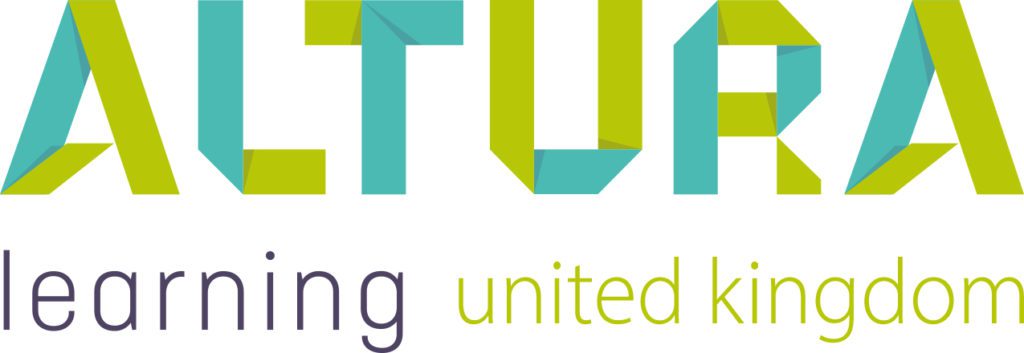Home | Altura Blog |
Evidence assessments and the learning journey
October 11, 2021 | Altura Blog
Topic:
h
What are evidence assessments?
Evidence assessments are assessments used by assessors to identify that learners can demonstrate required skills and competencies as described by criteria in their field of learning. Evidence can be gathered in many ways such as: Directly, by observing the individual; Indirectly, such as reports and observations from a third party or in a Supplementary form such as; samples of the individual’s written work or quiz answers[1].
How important are evidence assessments in the learning journey?
Evidence assessments play a pivotal role in the learning journey, not only for the learner but also for the facilitator and organisations.
For the learner it is their opportunity to demonstrate what they have learned and apply that learning to their role, exhibiting improved abilities, skills, knowledge and behaviours.
For the facilitator the use of evidence assessments can support the evaluation of their learning outcomes and effectiveness of the learning materials and engagement.
For organisations, evidence assessments can help to identify and assess how well someone can perform and meet the desired outcomes associated with their role or the business; as well as identify gaps in the skills and competencies within the workforce. The evidence gathered during the learning process can also support regulatory inspection or prove that the required learning took place.
Evidence assessments are often characterised by two different types of assessments: skills assessments and competency assessments.
Are skills and competency assessments the same thing?
The simple answer is no. Whilst the terms skills and competency are used interchangeably and are relatable, they are not identical as they are actually a measure of different things.
Skills describe very specific learned abilities, describing what a person can or cannot do, such as operating a hoist. In this example, a skills assessment will focus on the learner’s ability to follow a set procedure or instructions and follow a logical order to complete the operation safely.
Whereas competencies are broad in definition and encompass knowledge, abilities and behaviours, as well as skills; and describe how well the individual can perform in their role. For example, can the individual communicate with a range of people in a way that is appropriate to them and their situation?[2]
Another key distinction between the two is the time it takes to learn a skill or competency. Skills are relatively quick to learn and are often not devised by levels. Alternatively, competencies require real life experience, practice and often advance through levels such as beginner through to advanced; therefore taking longer to master.
How does this impact which type of evidence assessment should be used?
If we refer back to the skills example of operating a hoist and how that would be assessed, it is likely that the learner would be assessed in a controlled environment successfully setting up and maneuvering the hoist which is fine as a tick box exercise. But this does not give a clear picture of the learners knowledge and behaviours in a real life situation. And so it would be necessary for the learner to undergo further real life assessments that include the assessment of their knowledge and application of learning within their daily role.
To assess competency the assessment may include criteria asking the learner to describe, demonstrate, explain, and evaluate, all of which can assess the learner’s knowledge, abilities and behaviours.
How can Altura Learning’s evidence assessments be used?
Each of our courses have an evidence assessment already created for that course. They have been designed specifically to meet the outcomes of the learning but are versatile in their use and can be utilised by your organisation in other ways too. For example:
- Managers, supervisors and assessors, can conduct the assessments as part of the continuing professional development of staff. Perhaps identifying skills gaps or informing role promotion.
- Used as a measure and evaluation of skills and competencies available within the organisation.
- To manage business goals and KPI’s and identify what learning needs to take place or already exists, therefore using available resources more effectively.
- Following an incident or concern; to identify staff who require refresher training and check overall competency of staff to prevent similar incidents recurring.
- To support regulatory inspections and evidence that training has taken place and staff have been certified as competent.
Have a look at the learning resources attached to each of our courses to find out more.


